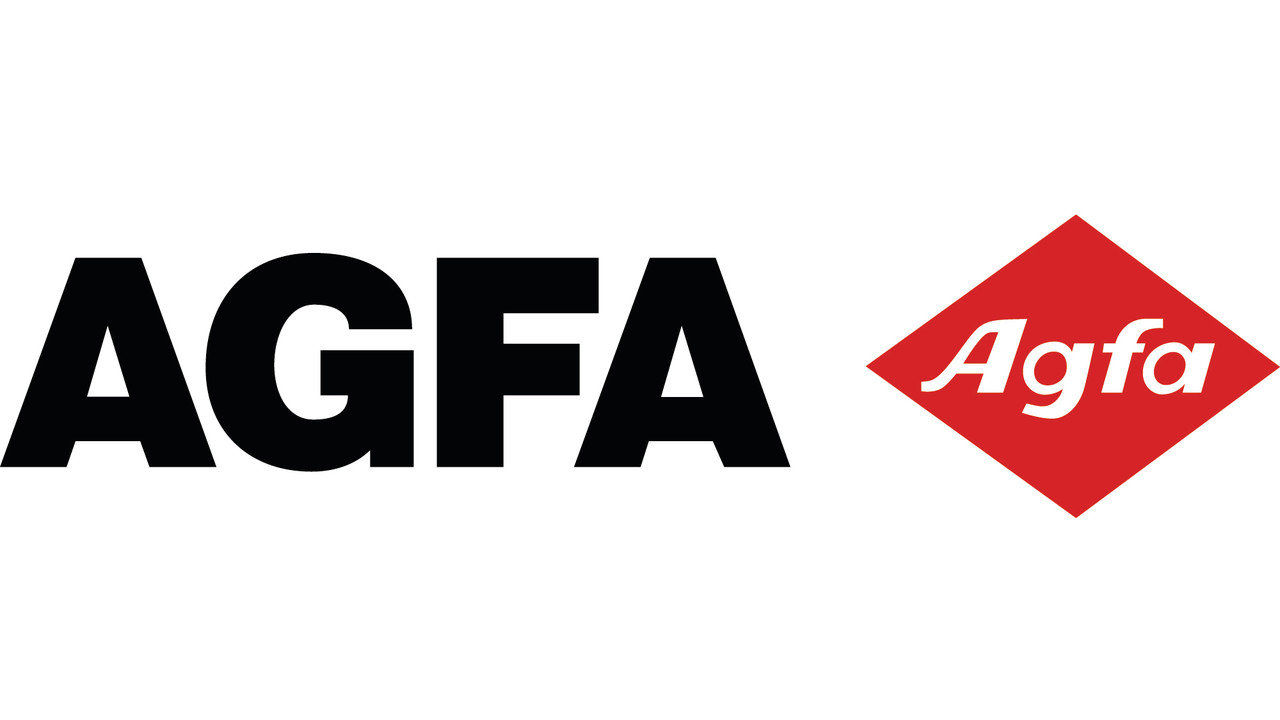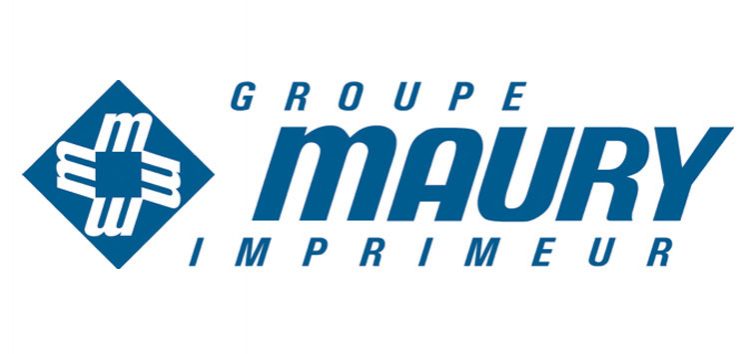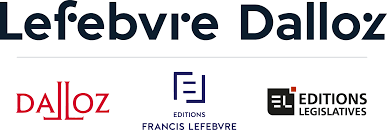‘Cut after cut’ leaves Scottish newspapers drastically weakened.
They once dominated discourse but the Herald and Scotsman now struggle to hold power to account.
Two decades ago, they employed hundreds of staff and dominated the political cultures of Edinburgh and Glasgow. Now, with another independence referendum potentially on the horizon, the reporting capacity of two of Scotland’s key newspaper titles is so diminished they are struggling to hold government and institutions to account, according to industry veterans, as the Herald plans further dramatic cuts and the Scotsman struggles to find a buyer.
Staff at Newsquest, which owns the Herald and Scotland’s only pro-independence daily, the National, have voted overwhelmingly in favour of strike action, with a meeting on Wednesday between the National Union of Journalists (NUJ) and management expected to decide the next steps. On Tuesday morning, colleagues heaped praise on a number of the Herald’s senior reporting staff as they announced they were taking voluntary redundancy. The Scottish Labour leader, Richard Leonard, tweeted: “Journalism in Scotland and across the UK has faced cut after cut after cut. We can’t go on like this.”
The loss of staff at Scotland’s key titles has been dramatic according to any measure. In 2009, there were about 240 journalists across the Herald, its Sunday sister and the Glasgow Times. But staff at the Herald – which has been published since 1783 – have learned in the past month of restructuring plans to further reduce its news operation to consist of three general reporters, working across seven days, with no night cover, in addition to three more reporting roles across its politics and business teams.
The Scotsman newsroom has likewise more than halved over the past decade to about a dozen reporters, with staff moving from a purpose-built office close to the Scottish parliament to a block on the edge of Edinburgh. In a sign of the changing media landscape, the old site was sold to Rockstar North, which makes the video game Grand Theft Auto.
The Scotsman, which was bought by Johnston Press for £160m in 2005, is for sale but the owners are struggling to interest bidders at a price of about £50m for the title and dozens of others across the UK. There are fears among Scotsman staff that more cuts could be on the way if the paper falls into the hands of the sole remaining bidder, David Montgomery, a newspaper veteran with a reputation for redundancies.
Journalists across both titles describe the deliberate dismantling of specialisms, bringing with it a reduction in exclusive content and splashes. As the Herald in particular continues to lose experienced reporters, industry insiders are raising serious doubts about how remaining digital staff will have the capacity or expertise to scrutinise policymakers and politicians.
The full results of a stress survey, seen by the Guardian and conducted by the NUJ across Newsquest’s Scottish titles in the weeks before the announcement, reveal the impact of years of cost-cutting, wage stagnation and uncertainty around working conditions and the mental health of employees. Staff describe a toxic environment across its Scottish titles, where they feel overstretched, undervalued and disrespected.
Newsquest staff were also perplexed by the fly-on-the-wall documentary The Papers, shown on BBC Scotland in September, which caught the editor Donald Martin suggesting specialist reporters were poor value for money and starkly revealed the absence of senior women in the organisation.
Describing Newsquest staff as “galvanised”, John Toner, the NUJ national organiser for Scotland, said: “They don’t believe it is possible to work harder than they do already, with fewer people than they already have.”
A Newsquest Scotland spokesman said the company was disappointed NUJ members were contemplating industrial action, adding that “constructive dialogue is ongoing with both the union and staff”.
As well as industry-wide pressures on sales and digital, Scotland’s central belt newspapers have also come under pressure in recent years from the growing success of the Times Scottish edition, which has been hiring staff from other outlets and now outsells the Edinburgh-based Scotsman.
While there has been a historical divide in Scotland between the “city newspapers” of Glasgow and Edinburgh, insiders argue this has less relevance given how little local reporting they have capacity for. The Evening Times rebranded itself the Glasgow Times last week with the express purpose of “renewing our local roots”.
Comparisons are made with the first years of the Scottish parliament, when a far healthier press held newly elected representatives to account, for example prompting the resignation of the second first minister, Henry McLeish, over an expenses scandal.
David Clegg, who was named journalist of the year at the Scottish Press Awards in April for his work revealing the initial sexual harassment allegations against the former first minister Alex Salmond, applauds colleagues for “performing daily miracles” but says cuts to reporting staff across Newsquest and JPI Media can only compromise future coverage of Scotland’s shifting political landscape.
“A second independence referendum will be an event of historic significance, and it’s vital that both sides are scrutinised by a healthy and robust media. But it’s also about the decisions of local councils, health boards and courts that deserve scrutiny on a daily basis. When you don’t have dedicated reporters covering a city like Glasgow, it affects the national conversation,” he says.
There are also limits to fitting papers with a national market into a regional news template, as is likely to occur with the Scotsman if Montgomery is successful in his bid for JPI Media.
Both the Press & Journal in Aberdeen and the Courier in Dundee substantially outsell their central belt counterparts. Newquest no longer publishes audited circulation figures for its titles, but the Herald had fallen to 22,901 a day by the end of December 2018, while the Scotsman sells 14,938 copies a day.
Clegg, who recently moved on from his role as political editor of the Daily Record to edit the Courier, published by DC Thomson, adds that while papers such as the Herald and the Scotsman still have some local brand loyalty, the significance of geography is much diminished by the shift to consuming news online.
“When I was approached to take this job, one of things that attracted me was that, while DC Thomson is not immune to the same industry-wide trends, it was taking a longer-term view rather than going straight to redundancies and cuts because they are only thinking about this year’s bottom line. We now have senior editors working on a sustainable digital strategy, but we’re not just throwing everything online for free,” he says.
Lire : The Guardian du 10 décembre










































